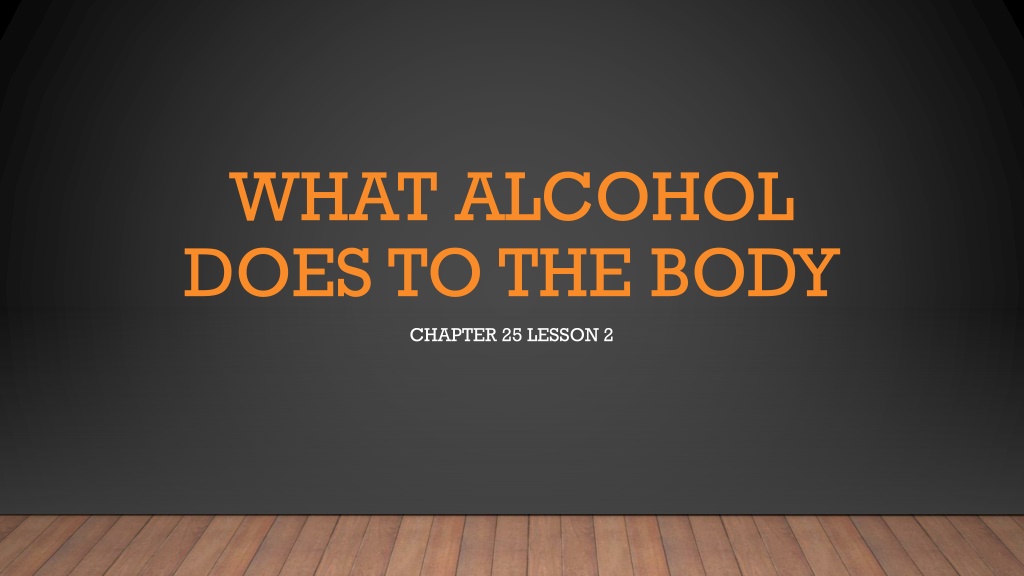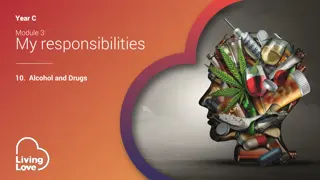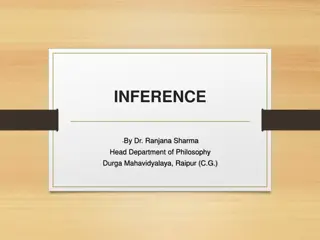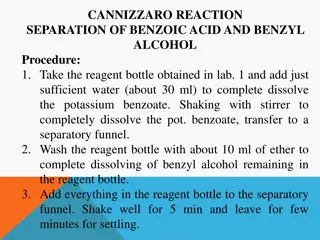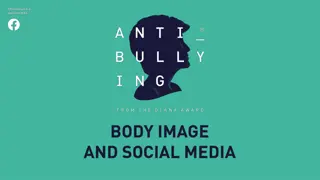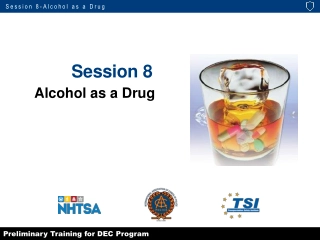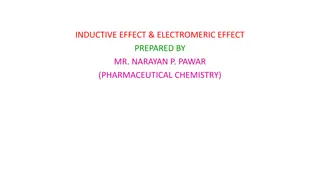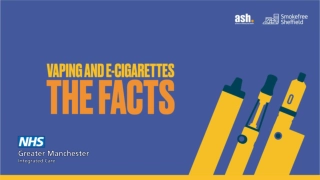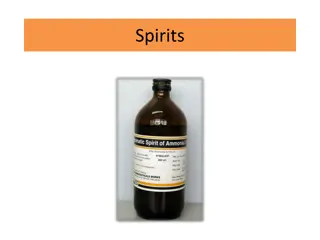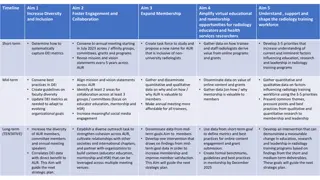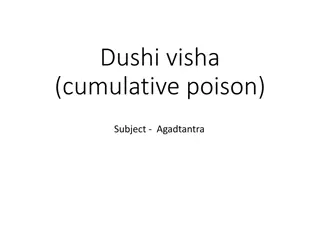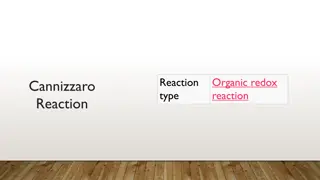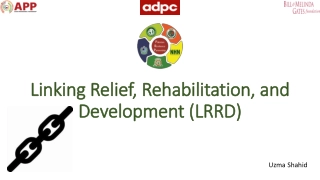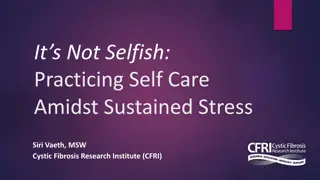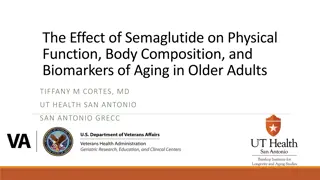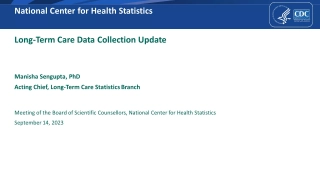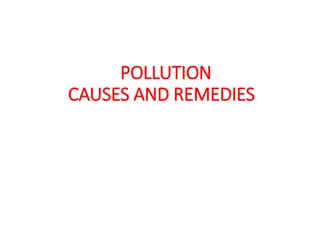Understanding Short-Term Effects of Alcohol on the Body
Alcohol affects various organs in the body, including the brain, liver, heart, blood vessels, kidneys, and stomach. It depresses brain activity, increases heart rate and blood pressure, dilates blood vessels, and affects urine production. Driving under the influence is a dangerous consequence with potential legal and health implications. Efforts to reduce Driving While Intoxicated (DWI) incidents include organizations like MADD and practices like having a designated driver.
Download Presentation
Please find below an Image/Link to download the presentation.
The content on the website is provided AS IS for your information and personal use only. It may not be sold, licensed, or shared on other websites without obtaining consent from the author. Download presentation by click this link. If you encounter any issues during the download, it is possible that the publisher has removed the file from their server.
Presentation Transcript
WHAT ALCOHOL DOES TO THE BODY CHAPTER 25 LESSON 2
SHORT-TERM EFFECTS OF DRINKING Brain Alcohol reaches the brain almost as soon as it is consumed. It depresses the activity of the brain, slowing the work of the central nervous system. Liver Oxidation- changes alcohol to water, carbon dioxide, and energy. The liver can oxidize about one-third to one-half of an oz of alcohol an hour. So the alcohol keeps circulating through all the body parts.
SHORT-TERM EFFECTS OF DRINKING Blood Vessels Carries alcohol to all parts of the body including heart, liver, and brain. Alcohol dilates the blood vessels causing an increase in blood flow. Increases the risk of hypothermia Heart Alcohol increases heart rate and blood pressure and cause arrhythmias Cause scar tissue to build up in the muscle fibers of the heart Increase risk of stroke
SHORT-TERM EFFECTS OF DRINKING Kidneys Alcohol causes more urine to be produced Stomach Alcohol is very small and water soluble so it does not have to be digested. Having food on the stomach slows the absorption.
SHORT-TERM EFFECTS OF DRINKING Driving Under the Influence (DUI) Most deadly and widespread short term effect is driving under the influence Blood Alcohol Concentration (BAC) is the amount of alcohol in a person s blood expressed as a percentage. Drinking Reduces the ability to judge distances, speeds and turns Reduces the ability to judge accurately one s own capabilities and limitations Increases the tendency to take risks Slows reflexes Adds to forgetfulness to take precautions Reduces the ability to concentrate
SHORT-TERM EFFECTS OF DRINKING Consequences of DWI Leading cause of death among teenagers for drinker and non-drinker Cost of DWI Immediate confiscation of driver s license Arrest, a trip to jail, court appearance, and fine Possible suspension of driver s license Possible mandatory jail sentence Cost of bail to get out of jail Higher insurance rates Possible lawsuit
SHORT-TERM EFFECTS OF DRINKING Efforts to reduce DWIs MADD- mother s against drunk driving SADD- student s against destructive decisions Designated Driver- people in social settings who choose not to drink so that they can safely drive themselves and other
LONG-TERM EFFECT OF DRINKING Brain Damage Long-term, excessive use of alcohol can lead to major brain damage and decrease brain size. Damage brain cells Chronic Liver Problems Fatty liver- a condition in which fats build up in the liver and cannot be broken down. Cirrhosis- a condition in which liver tissue is destroyed and then replaced with useless scar tissue
LONG-TERM EFFECT OF DRINKING Chronic Liver Problems Hepatitis- inflammation or infection of the liver that can cause weakness, jaundice, fever, and sometimes death. Tolerance and dependence Tolerance- necessary to drink more and more in order to produce and same effects Withdrawal- jumpiness, sleeplessness, sweating, poor appetite to severe tremors, convulsions, and hallucinations.
THE MULTIPLIER EFFECT When alcohol and other drugs or medicines are combine produces an interaction known as the multiplier effect. Causes impairment of both mental and physical abilities Accidental death occurs
ALCOHOL AND PREGNANCY Fetal Alcohol Syndrome- a condition in which a fetus has been adversely affected mentally and physically by its mother s alcohol use during pregnancy. Low birth weight Impaired speech Cleft palate General weakness Slow body growth Facial abnormalities Poor coordination Heart defects
ALCOHOL AND PREGNANCY Fetal Alcohol Syndrome Mental retardation Poor attention span Nervousness Hyperactivity 100% preventable
